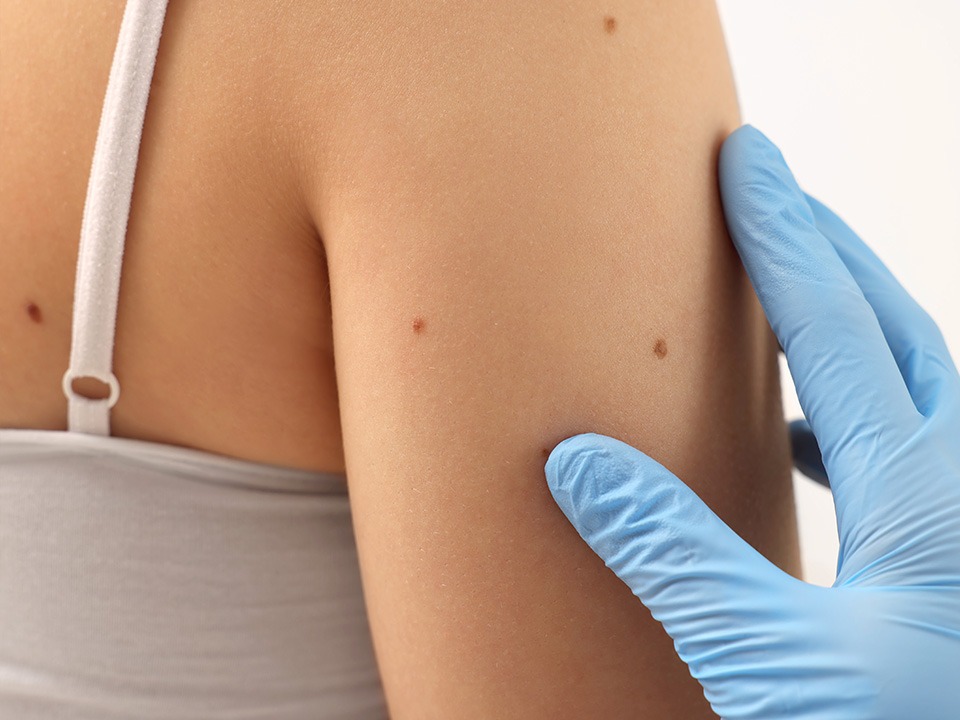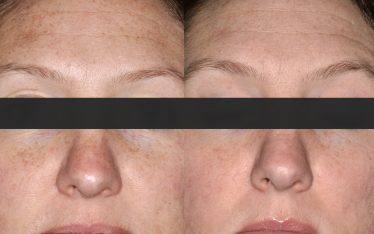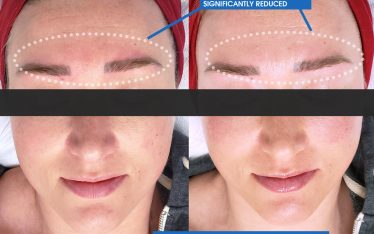Vitamin Deficiency

While current data suggests a benefit to modest D supplementation (1000 IU per day at the most) be wary of the producer of your supplement. Unlike drug makers, the supplement industry is regulated under less stringent guidelines by the FDA. The supplement manufacturing guidelines do not require, among other things, 1) registration with the FDA or 2) proof of potency.
As reported in JAMA Internal Medicine and discussed on the NYT: Well Blog the potency for supplements for vitamin D can vary from 9-140% of the listed dose.
The lead author of the study, Dr. Erin S. LeBlanc, a researcher at Kaiser Permanente in Portland, recommended looking for the U.S. Pharmacopeial Convention seal when shopping for vitamins. “If you have a bottle with the U.S.P. stamp on it,” she said, “you can feel reassured that what’s listed on the label is actually in the bottle.” (NYT)
My recommendations:
1) Consider whether you really need a given supplement.
2) Do not exceed 1000 IU per day of vitamin D – but discuss this first with your physician as it may interact with certain health conditions or medications.
3) Look for USP verification on any supplements/vitamins that you take.
-Neil A. Shah, MD, FAAD


